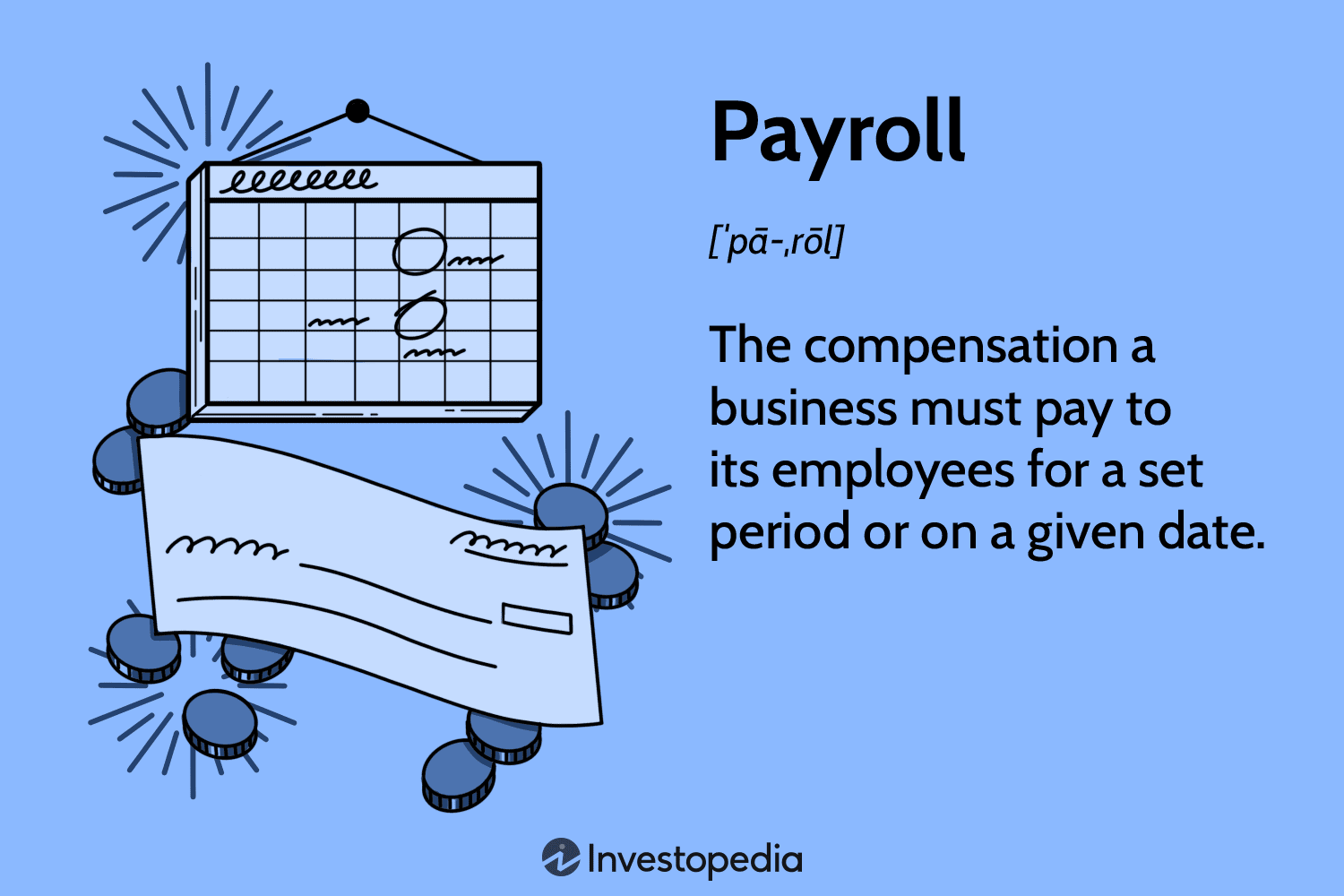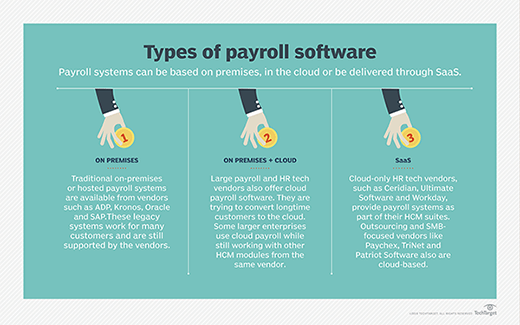What Does It Mean to Work Payroll?
Introduction
Managing employee compensation is a critical aspect of any organization’s operations. One key function in this process is payroll, which involves calculating and disbursing employees’ salaries and wages. In this article, we will delve into the world of payroll, exploring its meaning, importance, and the various tasks and responsibilities associated with it. What does it mean to work payroll?
Understanding Payroll
Defining Payroll
Payroll refers to the process of managing and administering employees’ financial records, ensuring accurate calculation and distribution of their salaries, wages, bonuses, and deductions. It encompasses tasks such as calculating gross pay, withholding taxes, and other deductions, and generating payslips or pay stubs for employees.
The Importance of Payroll
Efficient payroll management is crucial for several reasons. Firstly, it ensures that employees receive timely and accurate compensation for their work, fostering trust and satisfaction within the workforce. Secondly, proper payroll management is essential for legal compliance, as organizations must adhere to labor laws and tax regulations. Furthermore, precise payroll calculations contribute to accurate financial reporting and budgeting, allowing businesses to make informed decisions based on their labor costs.

What does it mean to work payroll?
Tasks and Responsibilities in Payroll
1. Employee Data Management
A fundamental aspect of payroll involves maintaining accurate employee records. This includes collecting and updating personal information, employment contracts, tax forms, and other relevant documents. Accurate data entry is crucial to ensure correct calculations and to comply with legal requirements.
2. Payroll Processing
Payroll processing involves calculating employees’ earnings based on their agreed-upon compensation, hours worked, and any additional factors such as overtime or shift differentials. The process may also involve adjusting for leaves of absence, holidays, or other time-related factors. Accurate calculation of gross pay is critical to ensuring employees receive the correct compensation.
3. Tax Withholding and Reporting
One of the vital responsibilities in payroll is withholding and remitting taxes on behalf of employees. This includes federal, state, and local income taxes, as well as Social Security and Medicare taxes. Employers must accurately calculate and withhold the appropriate amount from each employee’s paycheck and submit it to the respective tax authorities. Additionally, businesses must generate and file various tax reports, such as W-2 forms, to report employee earnings and taxes withheld.
4. Benefits and Deductions
Payroll administrators are responsible for managing employee benefits and deductions. This includes deducting contributions for health insurance, retirement plans, and other voluntary benefits from employees’ paychecks. They must also handle wage garnishments, child support payments, and other legally mandated deductions. Ensuring accurate and timely processing of benefits and deductions is essential to meet legal requirements and provide accurate compensation to employees.
5. Recordkeeping and Compliance
Payroll professionals must maintain comprehensive records of payroll transactions, including employee earnings, tax withholdings, and benefit deductions. These records are crucial for audits, regulatory compliance, and addressing any inquiries or disputes from employees or government agencies. Keeping accurate and up-to-date payroll records is vital for ensuring transparency and resolving any potential issues that may arise.
6. Payroll Reporting and Analysis
Apart from processing payroll, administrators are often responsible for generating various reports related to labor costs, payroll expenses, and employee data. These reports help organizations analyze their labor expenditures, budget effectively, and make informed decisions regarding compensation and workforce management.

Conclusion
Working in payroll entails a range of critical responsibilities to ensure accurate and timely compensation for employees. From managing employee data and processing payroll calculations to tax withholding, benefits administration, and recordkeeping, payroll professionals play a vital role in maintaining financial integrity and employee satisfaction within organizations. By adhering to legal requirements, maintaining accurate records, and utilizing payroll software and systems, they contribute to the smooth functioning of the payroll process. https://cbdtax.com.au/cbd-tax-accountant/
In conclusion, working in payroll is a multifaceted role that requires meticulous attention to detail, strong organizational skills, and a thorough understanding of labor laws and tax regulations. Payroll professionals serve as the backbone of the compensation process, ensuring that employees receive accurate and timely payment for their work. By effectively managing payroll tasks and responsibilities, organizations can foster trust and satisfaction among their workforce while maintaining compliance with legal requirements.
